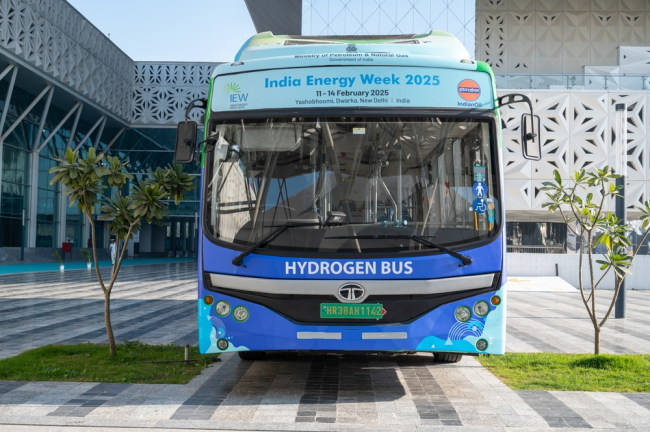Unemployment in East Asia and Europe: Report of the Council for Asia-Europe Cooperation (CAEC)
While formal unemployment has existed in Western Europe for a long time, most East Asian economies had managed to avoid this hardship until recently. Yet, as a result of the financial crisis of 1997-98 in East Asia, as well as of the protracted economic crisis in Japan and of the deep restructuring taking place in China, unemployment has come to the fore as one among the many challenges facing Asian economies.
This collection of papers offers to examine in parallel the Asian and European experiences with unemployment. A major conclusion is that beyond broad differences between the two regions, there is more convergence than may be initially expected, as well as substantial scope for collective discussions and cooperation.
Contributors: L. Dilokvihyarat, F. Godement, A. Hu, J. Keum, H. Klodt, S. Ku Ahmad, N. Mitani, E. Mossé, F. Nicolas, F. Origo, M. Samek Lodovici et C. Tingsabadh.

Available in:
Regions and themes
ISBN / ISSN
Share
Related centers and programs
Discover our other research centers and programsFind out more
Discover all our analysesIndia’s Green Hydrogen Strategy in Action: Policy Actions, Market Insights, and Global Opportunities
India is poised to remain the world’s fastest-growing major economy, and this rapid growth is driving a sharp rise in energy demand. As the most populous country on the planet, India urgently needs to decarbonize its energy systems.

RAMSES 2024. A World to Be Remade
For its 42nd edition, RAMSES 2024 identifies three major challenges for 2024.

France and the Philippines should anchor their maritime partnership
With shared interests in promoting international law and sustainable development, France and the Philippines should strengthen their maritime cooperation in the Indo-Pacific. Through bilateral agreements, expanded joint exercises and the exchange of best practices, both nations can enhance maritime domain awareness, counter security threats and develop blue economy initiatives. This deeper collaboration would reinforce stability and environmental stewardship across the region.

The China-led AIIB, a geopolitical tool?
The establishment of the Asian Infrastructure Investment Bank (AIIB) in 2016, on a Chinese initiative, constituted an attempt to bridge the gap in infrastructure financing in Asia. However, it was also perceived in the West as a potential vehicle for China’s geostrategic agendas, fueling the suspicion that the institution might compete rather than align with existing multilateral development banks (MDBs) and impose its own standards.








